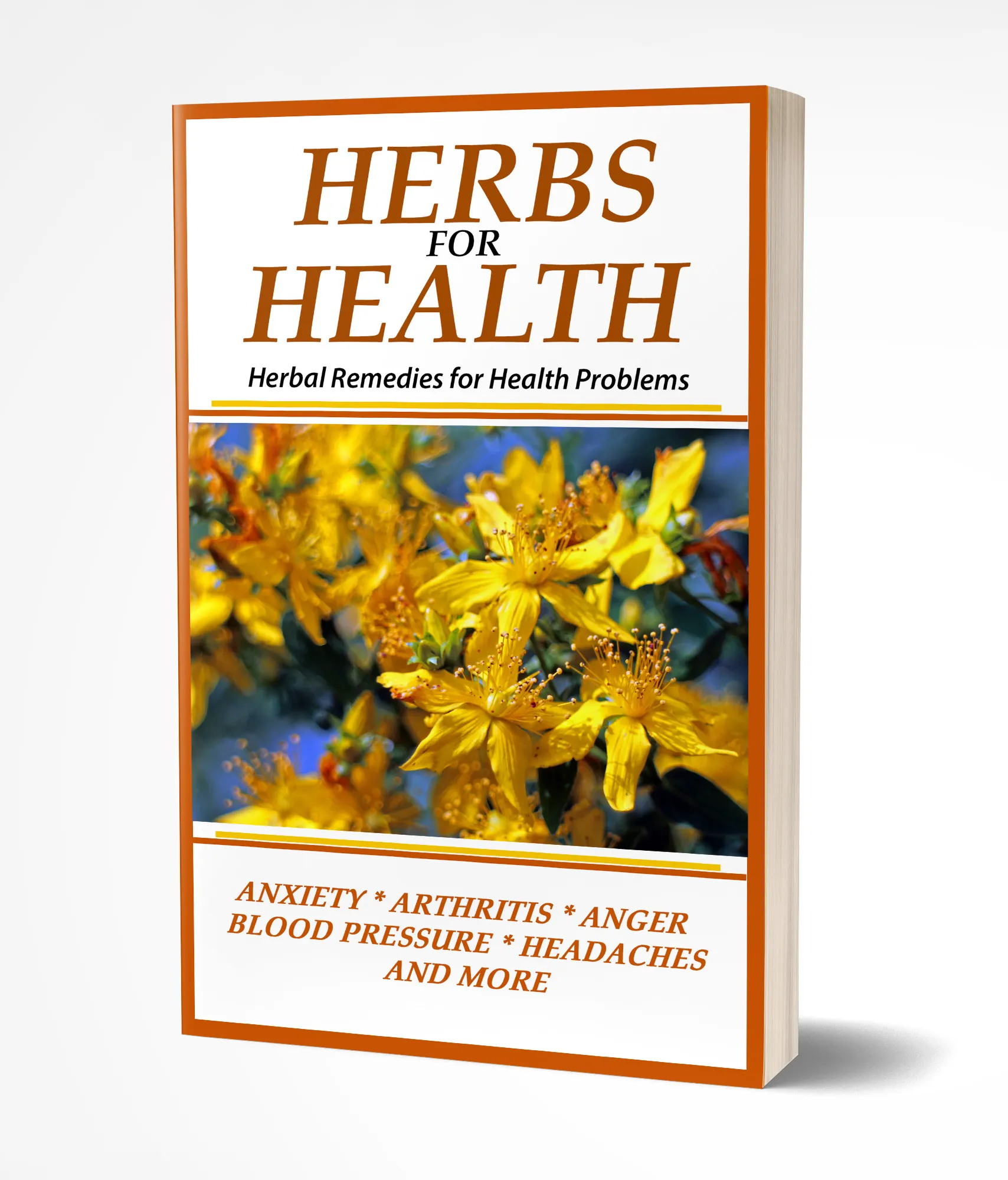Introduction to Alcohol Addiction Recovery
Overcoming alcohol addiction can be difficult, but with the correct attitude and assistance, it is possible to recover. Discovering the proper tools and tactics can have a significant impact. AA meetings offer individuals the opportunity to discuss their struggles with addiction and their journey to sobriety with others in a supportive group environment. Their goal is to provide a platform for members to discuss their difficulties, struggles, and achievements. 12-step meetings differ from classes or group therapy sessions. But where are AA meetings near me? If you’re also wondering, connecting with local support groups can be vital in starting the recovery journey. This article will explore healthy habits that can help individuals navigate their path toward sobriety, offering practical advice and emotional support insights. Understanding that the road to recovery is not one-size-fits-all is critical. People come with different backgrounds, triggers, and support systems, all influencing recovery. Thus, incorporating various strategies can help address these diverse needs and improve the chances of sustained success.
Incorporate Regular Exercise
Participating in consistent physical exercise can be a vital asset in overcoming addiction. Exercise releases endorphins, natural mood lifters, making the recovery process less overwhelming and more manageable. Whether it’s running, swimming, or yoga, regular physical activity helps reduce stress, anxiety, and depression, common issues faced during recovery. Simple daily walks or home workouts can provide the same benefits as more strenuous forms of exercise, making it accessible to almost everyone. Exercise benefits mental and physical health, which might have deteriorated due to prolonged alcohol abuse. Some advantages include enhanced heart health, improved sleep, and a more robust immune system. The routine and discipline involved in regular exercise can also bring structure to a day that once revolved around alcohol consumption.
Practice Mindfulness and Meditation
Practicing mindfulness and meditation effectively manages stress and cravings. Practices like deep breathing, progressive muscle relaxation, and mindful walking can help foster a feeling of tranquility and enhance mental toughness. Consistent practice can increase individuals’ awareness of their thoughts and emotions, leading to improved management of impulses and responses. These practices can also reduce the mental clutter and anxiety that can often trigger a relapse.
Mindfulness encourages individuals to live in the moment and appreciate life. Meditation practices teach the mind to focus, reducing the constant noise of worry and fear. Both practices can be integrated into daily routines with minimal effort, making them sustainable long-term. Whether practiced in a quiet room, during a walk, or before bedtime, consistency and openness to the process are critical.
Build a Support System
Having a solid support system is crucial. Surrounding oneself with understanding friends and family and participating in community groups, for example, can provide the emotional backing needed for recovery. Support groups provide a forum for sharing stories and receiving motivation. Furthermore, these social circles can keep you accountable and motivated to continue your recovery journey. Support systems can also offer practical help. From providing information about resources to offering a listening ear during tough times, having a network of supportive people makes the journey less lonely. Being part of a group where others share similar experiences can reduce feelings of isolation and provide real-world insights and strategies for overcoming challenges.
Maintain a Balanced Diet
A nutritious diet is essential in the detoxification process. Eating well-rounded meals with fruits, veggies, lean proteins, and whole grains aids physical well-being and maintains a stable mood and energy. Staying hydrated and avoiding excessive caffeine or sugar can also prevent mood swings and cravings. Nutrition is essential in helping the body, especially the liver, recover from damage caused by excessive alcohol consumption. Eating healthy can also improve mental clarity and emotional stability. Vitamins and minerals from fruits and vegetables support brain function and overall wellness. Balanced meals and snacks can also help rebuild a sense of routine and normalcy in daily life.
Engage in New Hobbies
Whether it’s painting, gardening, or learning a musical instrument, engaging in enjoyable activities can fill the time once spent drinking and improve mental health. Hobbies can also provide a sense of accomplishment and purpose, which are crucial for long-term recovery. The joy and relaxation derived from hobbies can offer a healthy escape from daily stressors, counteracting the appeal of alcohol. Exploring new interests can also open doors to social opportunities and communities that share the same passions. It can further broaden the support system and create positive social interactions. Plus, engaging in new activities stimulates the brain, promoting mental health and encouraging a more optimistic outlook on life.
Seek Professional Guidance
Seeking assistance from professionals, like therapy and counseling, offers personalized techniques and resources for controlling addiction. Therapeutic approaches, like cognitive-behavioral therapy, can be particularly effective in altering negative thought patterns and behaviors. Frequent appointments with a therapist can provide the assistance and direction required to stay focused. Therapists can offer ways to manage cravings, stress, and triggers and assist individuals in creating a personalized recovery plan. Professional assistance may involve the use of medication-assisted treatment (MAT), which can aid in controlling withdrawal symptoms and decreasing cravings. Therapists can also address co-occurring mental health conditions, such as depression and anxiety, which are common among individuals struggling with addiction. Consistent, professional support is often the backbone of a successful recovery journey because it offers a structured approach to overcoming addiction.
Stay Informed and Educated
Education is a powerful tool in battling addiction. Staying informed about addiction and recovery through reputable sources can offer valuable insights and reinforce the importance of maintaining healthy habits. Continuous learning can empower you with the knowledge to make better choices and stay committed to recovery. Educational materials can provide information on addiction science, alcohol’s impact on the brain and body, and methods for handling stress and preventing triggers. They can also provide updates on new treatment methods and recovery tools. Knowledge is empowering and can significantly impact an individual’s ability to maintain sobriety and lead a healthier, more fulfilling life.
The post Overcoming Alcohol Addiction: Healthy Habits to Support Your Recovery appeared first on Heal How.
Flash News
Empowering you to live a fit and healthy life







